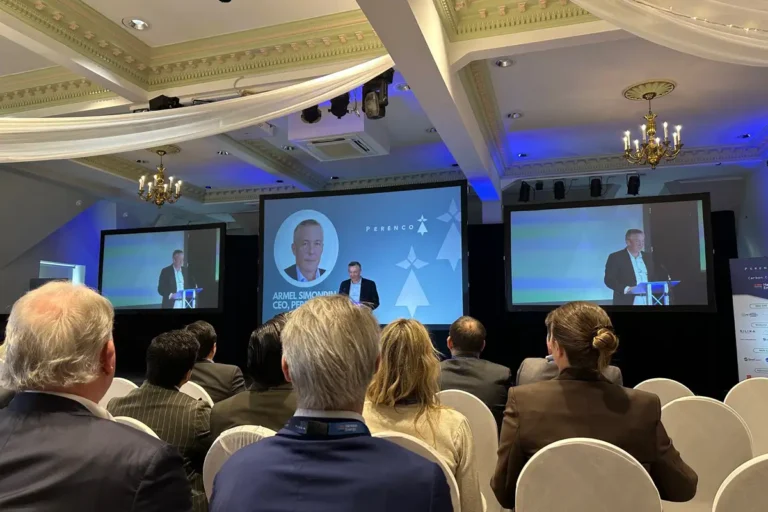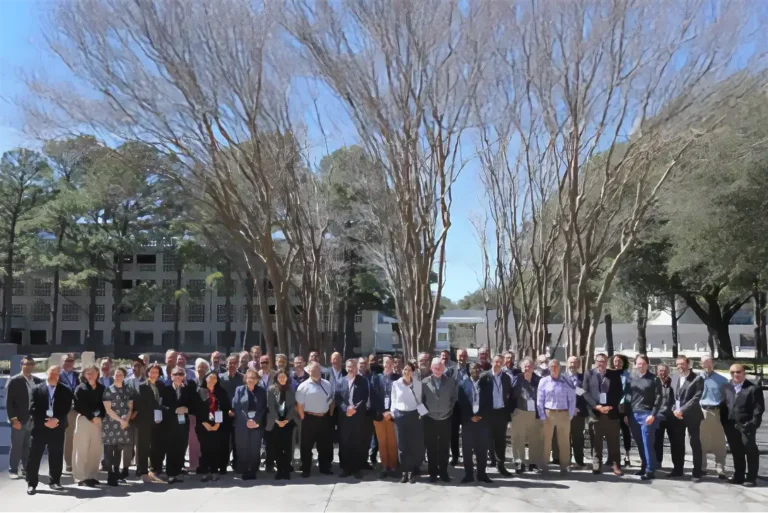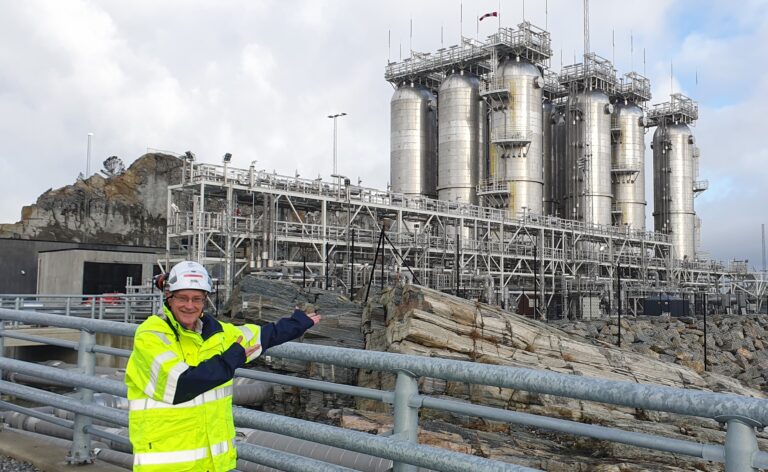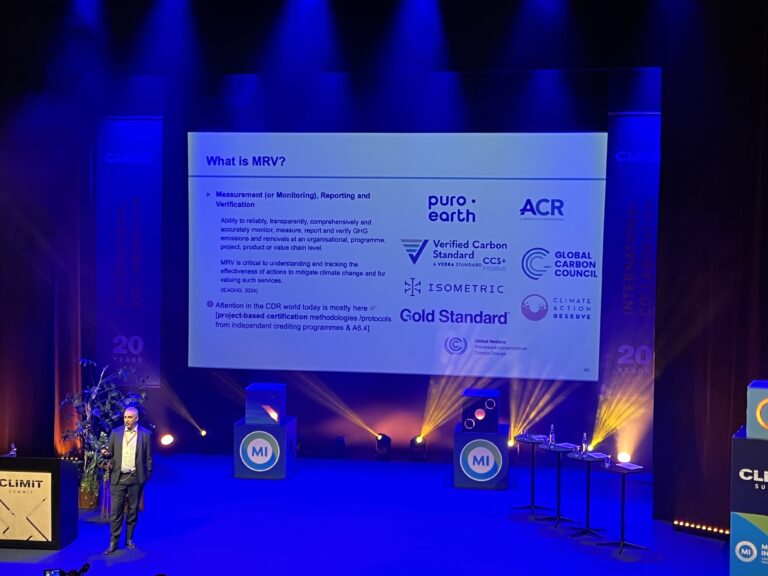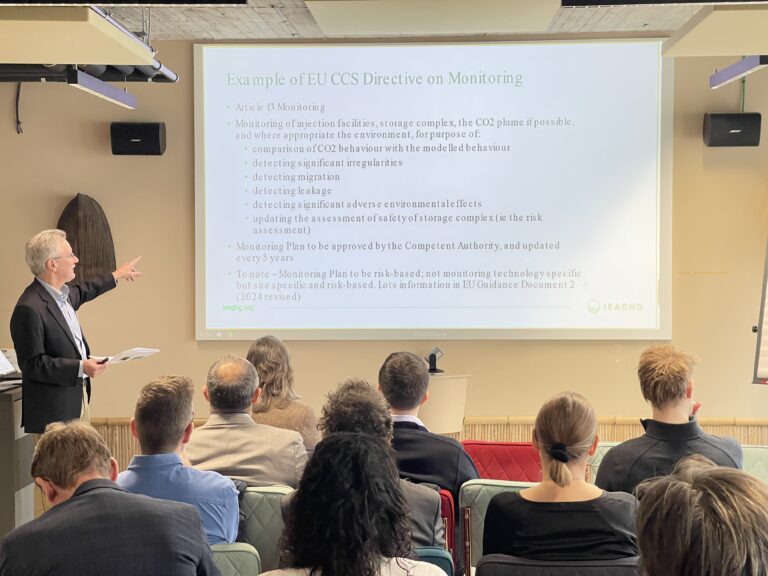
Can Technology Unlock Unburnable Carbon?
23 May 2016

The launch event of this report by the Sustainable Gas Institute (SGI) was held at Imperial College London on the 17th of May. The lead author, Sara Budinis, gave a presentation summarising the work, followed by a panel discussion with experts (Luke Warren (CCSA), Professor Paul Ekins (UCL), Charlotte Wolff-Bye (Statoil)) and the audience. The report contains a very interesting review of existing work and further analysis of the role of carbon capture and storage (CCS) in addressing the ‘unburnable carbon’ concept. By looking carefully into energy and climate models and related model-comparison exercises (e.g. EMF27), which are also used by the Intergovernmental Panel on Climate Change (IPCC) in its 5th Assessment Report for the role of CCS and assumptions around its deployment, and technical barriers to CCS including storage capacity, the authors conclude that CCS has a very significant role in enabling use of fossil fuel reserves in a carbon-constrained world: “CCS underpins the future use of fossil fuels”.
The investigation into assumptions on CCS used in the various models included in the EMF27 comparison exercise were new to me and very interesting. It appears that CCS costs are not a constraint in its deployment up to 2100 in these models, and many models do not constrain storage rates or capacity (therefore this work looked at those). Hence, the authors hypothesised that capture rates and residual emissions may be the constraint on CCS deployment in these models. Another conclusion from the work is that, on a volumetric basis, there is more than enough storage capacity for emissions from current fossil fuel reserves, noting that this will be less when injection rates are considered on a dynamic storage basis.
The panel discussion drew out some interesting points, several coming back to that CCS deployment is now late compared to the need for it, strong reflections on the UK government decision to not proceed with the UK CCS demonstration projects, and on the interaction of CCS with renewable technologies. Overall, the work by SGI was complimented for its thoroughness and in progressing the knowledge and awareness around this topic and the role for CCS. I hope this work becomes well used for its many aspects and messages.
IEAGHG funded part of this work (and we will be publishing a report for our members – ‘Can CCS Unlock ‘Unburnable Carbon’?’ IEAGHG 2016-05) and we take important messages from it for further work of a technical nature by our R&D programme – notably around the ability of technologies to increase CO2 capture rates and on improving storage efficiency and injectivity. The SGI report can be found at http://www.sustainablegasinstitute.org/technology-unlock-unburnable-carbon/
By the way, the answer to the report title seems to be a very clear “Yes”.
Other articles you might be interested in
Get the latest CCS news and insights
Get essential news and updates from the CCS sector and the IEAGHG by email.
Can’t find what you are looking for?
Whatever you would like to know, our dedicated team of experts is here to help you. Just drop us an email and we will get back to you as soon as we can.
Contact Us NowOther articles you might be interested in
Get the latest CCS news and insights
Get essential news and updates from the CCS sector and the IEAGHG by email.
Can't find what you are looking for?
Whatever you would like to know, our dedicated team of experts is here to help you. Just drop us an email and we will get back to you as soon as we can.
Contact Us Now



